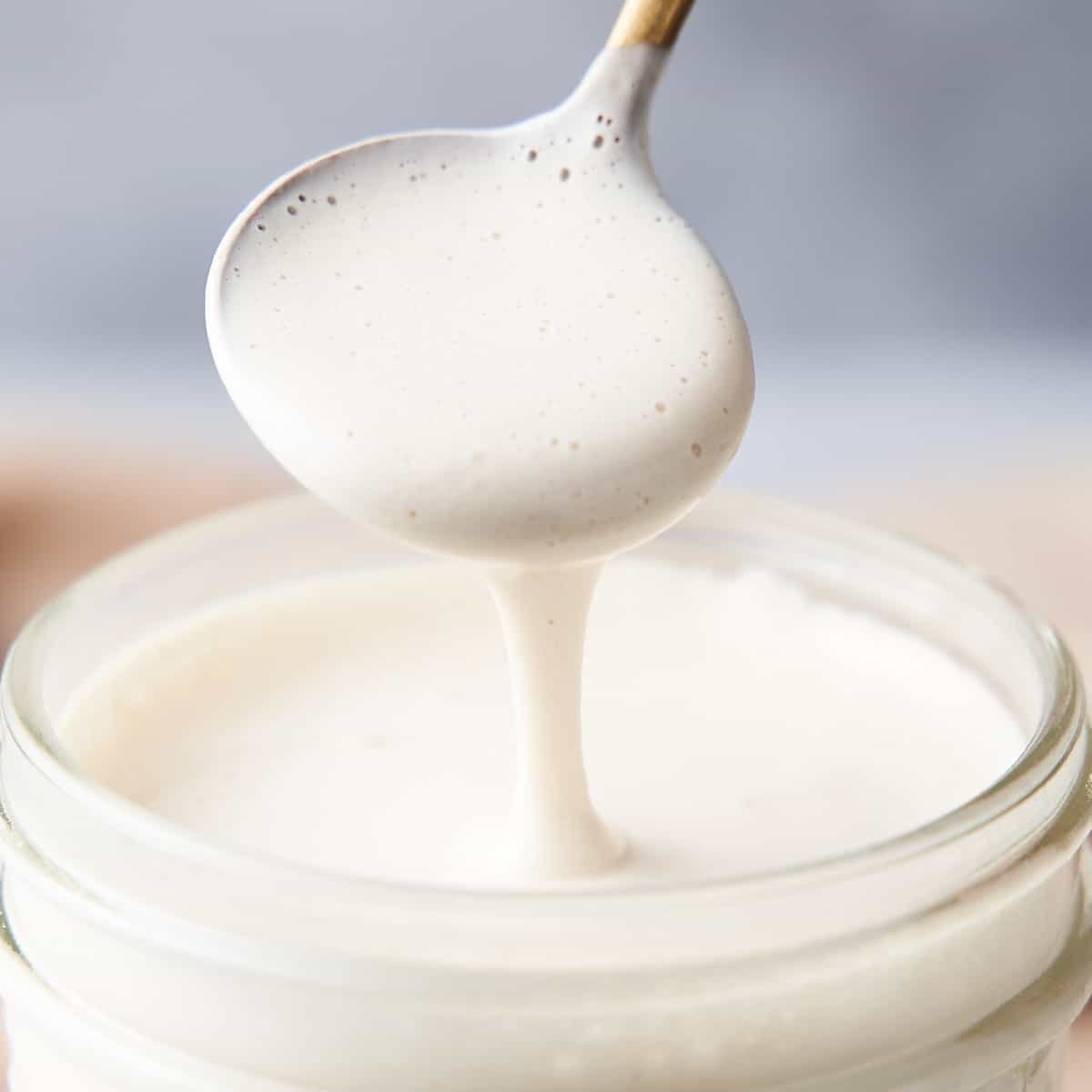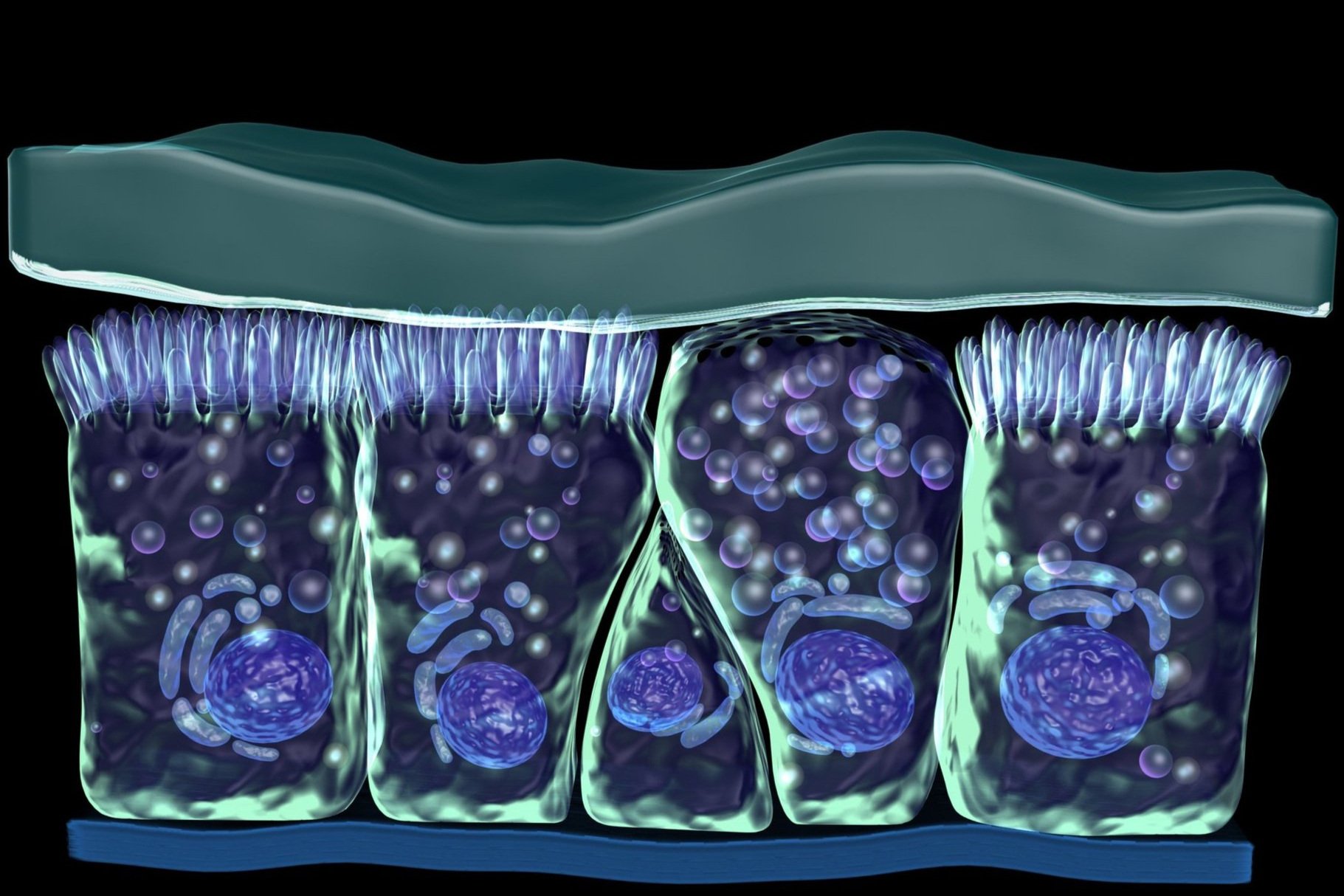
Apple Cider Vinegar for the Skin: The Importance of Maintaining an Acid Mantle
Apple cider vinegar (AVC) is an ancient remedy, noted by Hippocrates and the Babylonians for treatment of infection and wound healing, and produced commercially as far back as at least 5000 years ago (Yagnik et al., 2018). Simply-made, nutritive and healing, ACV is an excellent addition to your skincare regime for a couple of reasons. Its acidity supports our protective acid mantle, which we so habitually strip away with alkaline products and water, and its flavonoids and phenolic acids protect from the damaging effects of UV rays, pollution and other stressors our skin is bombarded with day after day.

Hibiscus for Skin Health: Modern Science Supports Ancient Wisdom
Long used in Ayurveda and the Middle East as medicine for nourishing skin and hair, lowering blood pressure and cleansing the blood, Hibiscus sabdariffa, commonly called hibiscus, roselle or Jamaican tea, is shown by new research to have a potent anti-aging effect on the skin (Wood, 2008). The deep red flowers are rich in vitamin C, organic acids and polysaccharides, providing antioxidant protection, reducing inflammation and promoting skin regeneration.

Equisetum for the Skin: Benefits of Horsetail Herb on Collagen, Oxidation and Regeneration
Equisetum spp., commonly called horsetail, shavegrass or scouring rush, is a medicinal herb descended from an ancient group of plants dominant during the Carboniferous age. Taken internally, it’s a well-known remedy for kidney stones, urinary tract infections and bladder issues, strengthening the entire urinary system. Topically, an external wash or poultice helps improve wound healing, stop bleeding and reduce inflammation (Moore, 2003). But its mineral-rich, antioxidant and antiinflammatory properties are also nourishing, toning and healing when used in facial care.

Your New Go-To Breakfast For Gut-Skin Healing: Mushroom Buckwheat Bowl
This Buckwheat Breakfast Bowl with Leeks and Crispy Mushrooms is a gut-skin axis powerhouse. Research shows that buckwheat can significantly reduce cholesterol concentrations in the gallbladder, blood and liver, enhancing bile acid synthesis and helping improve digestion and absorption, plus excretion of the liver’s detoxification products (Murray & Pizzorno, 2012). Cooked in collagen-rich chicken broth and topped with immune-enhancing mushrooms and leeks that support your liver’s phase-II detoxification, adding this to your breakfast rotation will get your skin glowing from the inside out. With a sprinkle of non-dairy parmesan and dollop of luscious almond cream, you won’t miss the dairy.




What Acne Says About your Gut Health
We may associate acne most with a pubescent teenager with a face pocked with whiteheads and red spots, but acne that persists into adulthood is common, and highly associated with your gut health. If your gut-skin axis is thrown off balance, you’ll often see a few deep, long-lasting blemishes around your mouth or on your chin or cheeks that no amount of face-washing or products can prevent. Read on to discover why.

3 Surprising Ways Your Gut Microbes Affect Your Health
Our gastrointestinal tracts are filled with up to seven pounds of bacteria, fungi, protozoa, viruses and helminths, collectively called our gut microbiota. Together, they function like another organ, and we’re learning more and more about how they affect almost every aspect of our health. Besides helping us digest fats, proteins and carbohydrates and regulating our gut function, they have surprising effects on other parts of the body. Read on to learn three ways your gut microbes can help or hurt your health, outside of your gut.

What’s the Slimy Stuff in Your Poop, and What Does it Mean?
If you’ve ever taken a look at your stool (and if you don’t, do it, it’s a great way to track your gut health) and seen that it has a slimy-looking gel coating, you were looking at an important, and often underappreciated, part of your gut’s defensive layer – intestinal mucus. A little clear mucus is normal, but read on to find out what warning signs to look out for in your poop.

Are Antinutrients Impairing Your Gut Health?
Our ancestors knew how to prepare otherwise-nutritious foods to reduce their antinutrient contents, knowledge that has been largely forgotten in the modern age of industrial food manufacturing and fast food. For example, for most of the history of agriculture, wheat bread was started from a living fermentation culture, and allowed to rest and rise for hours or days, pre-digesting the wheat by microbes and making it more nutritious and less harmful to intestinal health. Now, store-bought bread goes from wheat flour to a finished loaf in a couple of hours. Grains, seeds, beans and nuts were soaked, sprouted, fermented and long-boiled to make them as digestible as possible, practices that are rarely followed in the modern diet. Lack of proper food preparation could be a major cause of the inflammation, GI disturbances and food intolerances we’re seeing more and more, so if you have symptoms of impaired gut health, follow a few simple rules to reduce antinutrients in your foods.

Is Your Gluten Sensitivity Actually FODMAPs Intolerance?
I’ve noticed that even after starting on a gluten-free diet, many of my clients with gluten sensitivity find that other foods can also trigger uncomfortable symptoms like bloating, gas and diarrhea. Some can’t handle certain spices, some fruits like avocados, peppers or bananas and some vegetables like cabbage or artichokes. Many, like myself, weren’t lactose intolerant as adults until they started having gluten-related flare-ups, then found that something like a little ice cream would send them on an urgent path to the toilet. What these foods have in common are FODMAPs – sugars or small carbohydrates that can ferment in the gut and cause symptoms. Wheat contains several types of FODMAPs, so is it really gluten, or is it FODMAPs intolerance, and how can you tell the difference?

How does gluten cause leaky gut?
Leaky gut is the bridge between a dysfunctional digestive system and how it influences the rest of the body, accounting for the systemic, non-gastrointestinal manifestations of gluten intolerance and dysbiosis. The story of your chronic inflammation, abdominal pains, sore, swollen joints, hormonal imbalances, skin issues, brain fog, mood disorders and the host of other signs and symptoms that come with having a dysfunctional gut starts with the leaky little junctions between your intestinal cells.

How Do You Know if You’re Gluten Intolerant?
Watching the national evening news the other night was enlightening, not for the content, but for the commercials and what they say about the American demographic. Just about every-other commercial was advertising another product for gastrointestinal problems: Dulcolax, Immodium, Prilosec, Nexium, Alka Seltzer, Pepto Bismol, probiotics, and on and on. Clearly, the market for tummy issues is booming. But is this normal? Just a part of the aging process? As a functional nutritionist, as you might guess, I would say definitely not. There are many factors contributing to the erosion of the Western population’s gut health, but most functional nutrition practitioners will tell you that about 90% of clients who walk through their clinic doors feel better after removing one thing from their diets: gluten.

Could You Be Addicted to Gluten?
When a nutrition client of mine told me that she was literally scared to give up eating gluten, I was perplexed. When I think of eating gluten, I think of burning pain in my abdomen and a sore, swollen mouth from oral allergy syndrome, and want nothing to do with the stuff. But for some people, the mere mention of giving up gluten makes them want to “tear apart my office,” as one of my mentor nutritionists once said. She told of a client whom she convinced to give up gluten for a trial. The client lost 30 pounds, her terrible acne cleared up and her fatigue, depressed mood and hormone imbalances disappeared. Yet at the end of the trial, she chose her morning bagel over the obvious health benefits of giving it up. “I want to live life,” she said. For most of us, the choice to live a life free of fatigue, acne, weight gain and hormone imbalances over eating a bagel every morning would seem easy, so what was going on?

What is gluten intolerance?
The phrase “gluten intolerance” is an all-encompassing description of the health issues that arise from consumption of gluten, a protein found in wheat, barley and rye. It may actually be a misnomer, because researchers are finding that other components of these grains could be responsible for symptoms, alone or in conjunction with gluten. So how do we define gluten intolerance, and what are the other components in wheat the could be causing problems?

Is gluten bad for you?
A lot of people are avoiding gluten, a protein found in wheat, barley and rye, because of supposed health benefits. How true are these claims, and would you be better off without gluten?

What happens to gluten in the body?
What happens to gluten as it works its way through your digestive system helps explain how it affects you in different ways.

What is gluten?
There’s a lot of talk about gluten in the health and nutrition space, but what is it, exactly?

Cheap, Healthy Foods to Get You Through Inflation
Beans are cheap, filling, minimally processed and loaded with fiber, protein, folate and other B vitamins, iron, potassium, magnesium, copper and zinc. Here’s how to make them easily digestible.

